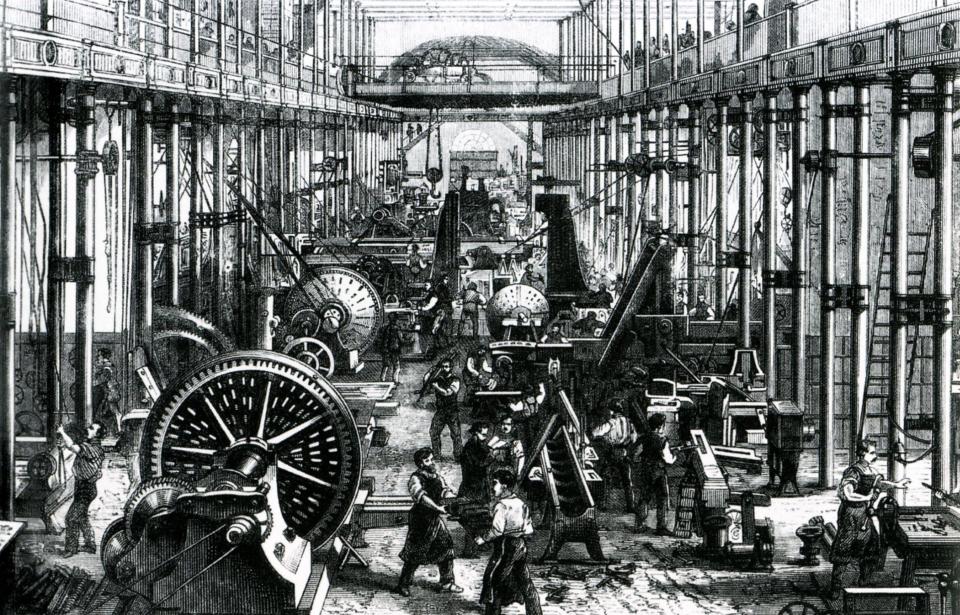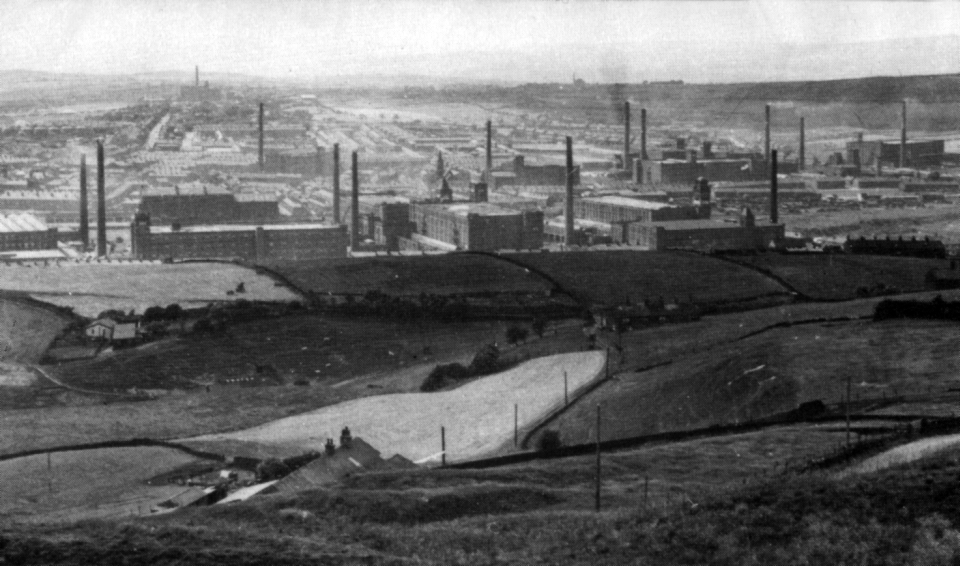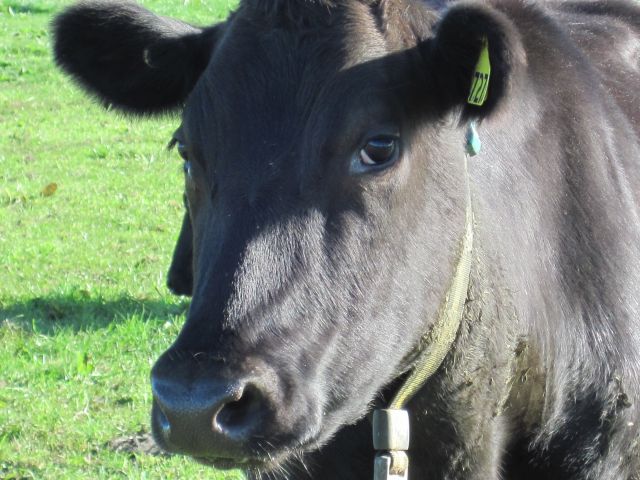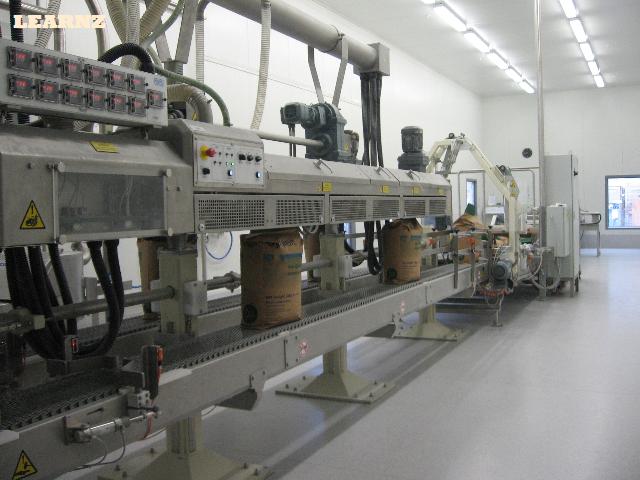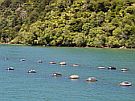The Industrial Revolution
Industry has changed our world. Before the Industrial Revolution began in 1760 people didn’t own much. Clothes for example, were handmade from local plants and animals and had to last for many years. Goods that needed a lot of work to make, such as paper and glass, cost a lot, and only the rich could afford them.
Food was also grown locally. In most cases it was eaten soon after harvesting or hunting and was sold locally.
The Industrial Revolution replaced the work that many people did with machines. Many items could be made quickly and cheaply and replaced costly handmade goods and often new materials were used, like plastic, rather than more natural materials.
As industry developed, more and more goods were made to be sold at lower prices, and food in particular was processed and packaged in ways to make it last longer and allow it to be transported to other places – including other countries.
Can you imagine what life would have been like before the Industrial Revolution?
Economy 
You may have heard people talking about the economy. The word economy is used to describe the way that a country organises its use of money, goods, and trade.
Some countries have stronger economies than others and are often called developed or industrialised countries. These countries have strong economies where most people enjoy a good standard of living, meaning that people have:
- Access to good schools
- Health care
- Can work in a variety of jobs.
New Zealand is known as a developed or industrialised country. Countries with less developed economies are sometimes called developing countries.
Developed countries such as New Zealand have industries that make money. The term industry covers all the businesses and factories that change natural materials into goods or that provide useful services.
The word industry is also used to describe a group of businesses that make a similar product or service. For example, the tourist industry is made up of hotels, travel agents, rental car companies, airlines, railroads, and all the other companies who provide services to tourists.
If a country has lots of productive industry it is able to make more money. The standard of living in a country can be measured by the number, cost, and quality of goods made through its industries.
Primary Industry
Primary industries are those that grow and use plants and animals, and other raw materials, from which useful items can be made. They include:
- agriculture
- aquaculture
- fishing
- forestry
- horticulture
- oil and gas extraction
- mining activities
The primary sector also includes industries that change raw materials into usable products through processing. For example, Bakeries that make flour into bread and factories that turn milk into cheese.
They also include industries that provide essential services and support to allow the primary sector to function. These are often called service industries and include things like transport.
During this field trip, you will explore aquaculture, agriculture and forestry and see how these industries use science and technology to create better products.


